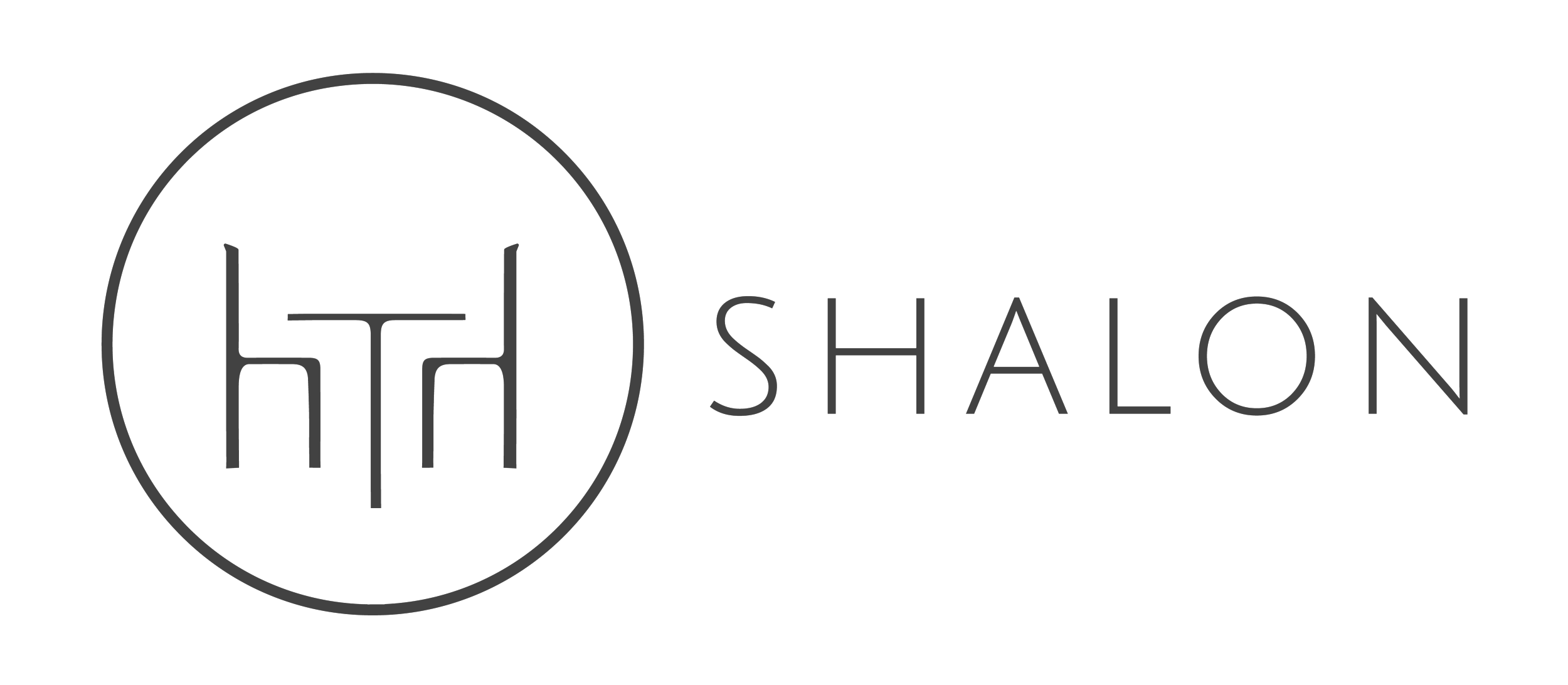Events that Inspire: Reverse Hackathon
Originally posted on Medium.com: buff.ly/2MKFjVv
Thinking about a conversation I recently had with a close friend, I did a search on the word loneliness. The results were sad, but not necessarily shocking. Despite all of the opportunities we have to interact across great distances, and the fact that we busy ourselves with work, activities and crowds of people, Americans often feel disconnected and unhappy.
Loneliness is described as a disease, an actual epidemic, that is sweeping the US across age groups, socio-economic status and region. According to the 2018 article, Lifting the veil on America’s loneliness epidemic in MarketWatch: “a recent survey of 20,000 U.S. adults found that nearly half of people suffer from feelings of loneliness.”
The sensation of isolation can be caused or amplified by many things including our society’s increased focus on consumerism, professional demands, social-media usage and dependence on prescription drugs.
Is there a way to create a shift in the way we interact, the way we spend our time and money and the way we perceive our own value to decrease feelings of loneliness and depression?
I, and many others, believe that there is. Incredible communities like Hack Mental Health are being built out of professional teams’ passion for creating opportunities for research into and innovation around fostering real, long term connection and human fulfilment.
Loneliness, like other mental health concerns, is real, it’s also treatable.
I recently attended the HMH Reverse Hackathon and was blown away by the diversity of attendees, the sense of purpose and the openness to innovation around reducing our fixation with technology-based interaction and expanding people’s ability to bond, cultivate information and nurture relationships in more meaningful and sustainable ways. I highly recommend you check out the “hacks” that teams produced throughout the course of the day. Many are great ideas that would not be hard to implement or share and I’m eager to see if/when they come to fruition.
Looking back on this event, the pieces that made it so awesome are many of the elements I try to curate at every Shalon:
- Everyone participated as equals, despite bringing different experiences and expertise to the table.
- We were encouraged to respect each other’s ideas and to build a foundation as we got to know one another.
- The organizers provided background information and access to mental-health professionals for consultation so that the time we spent was efficient.
- Through sponsorship, our hosts made sure we had plenty to eat and drink – ensuring we did not experience frustration as a result of low blood sugar
Shalon was created in late 2016 when it became obvious that outside of our close friendships, people were not communicating with others for the sake of building a foundation of understanding. It is the combination of the concept of an awesome, gourmet dinner party when we can set aside work and other worries to focus on connection and reflection and a salon environment for powerful conversation that allows us to learn and leads to taking action and making change.
Like the Hackathon, Shalon invites people to physically come together and have conversations around the dinner table. Both Shalon and the Reverse Hackathon were created to be welcoming and safe spaces for discourse, growth and connection. The expectation is not that participants will come away with a solution that solves whatever issue is being discussed, but that they are inspired by what they’ve learned, are motivated to incorporate changes into their day-to-day, and are connected with new people that add value and happiness to their lives.
My hope is that as I host more Shalon events, an engaged community of individuals who support each other’s impact on our community emerges and we can start to hack away at the loneliness that is infecting our society.
If not us, who? And if not now, when?



